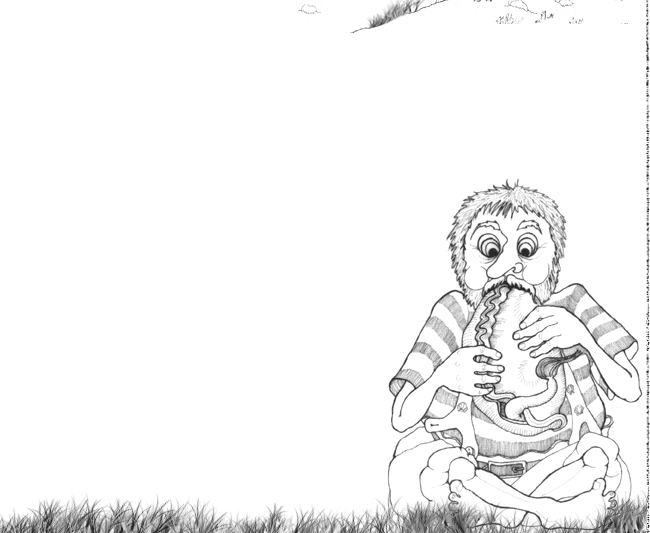Reproduced from the Times Educational Supplement...
Sue Palmer meets a teacher turned artist, writer and publisher, whose desire to motivate students to learn has resulted in a series of dual-language books
For Angie Butler the key to successful teaching is building self-esteem, so five years ago, after deciding that a 'tests and targets' approach was not for her, she took early retirement and launched a new career. As a supply teacher-cum-artist in schools and a writer and publisher of teaching materials, she now concentrates on improving pupils' self-esteem to enhance their learning.
"We all need praise," she says. "We all need to feel that we're doing well and an endless focus on targets can take our attention off the children's own needs. Motivation comes first, no matter what the objective."
When Angie meets a new class as a supply teacher, she takes pockets full of tiny pieces of gold card. Every child behaving appropriately is quietly passed a golden reward with a whispered "Well done, I like the way you are sitting quietly" or "Thank you for putting your hand up". As other children work out what is going on they stop yelling "What you doing, miss?" and "Can I have one?" and sit quietly, earning their own treasure.
She then explains exactly what she intends and why. "Treasures and trophies," says Angie, "I give the cards out all the time to reward good behaviour and try to ignore the bad. If an individual continues to misbehave I either quietly remove one card treasure or whisper I'd really like them to help me by obeying my rules. They usually agree when asked this out of the other pupils' hearing."
Once she's got their attention and trust, Angie believes the best way to maintain discipline is two-way respect. "You can find out how everyone's feeling in two minutes, after the register with a show of hands. Five fingers held up means 'I feel great' and a fist means 'really awful'. I always try to acknowledge their problems - asking if they want to tell me more - and show sympathy. It means I can expect them to do the same for me.
She points out that there are endless ways of rewarding good behaviour, which don't need to be costly. "I was in a school recently which had a top table at lunchtime, with a lovely starched tablecloth, serviettes, glasses and flowers. The children who had done well that day sat at the top table for lunch."
Her belief that every child can be motivated to achieve led her to her latest publishing project. Talking with a group of Year 6 children who had been classified as troublesome and potential drop-outs, she found they were worried about doing a second language at secondary school. "We did a little project to familiarise them with French beforehand. They helped me write a story about a local legend - the giants of St. Michael's Mount. An artist-friend illustrated it with line drawings and a French-speaking friend translated it to create a dual-language text. Then they listened to the story - each page in English and French - while colouring the pictures. It was great for listening skills, great for hand control, it demystified French and it gave them each real ownership of their copy of the book."
Angie now has translations available in 10 languages, including Russian and Japanese.







